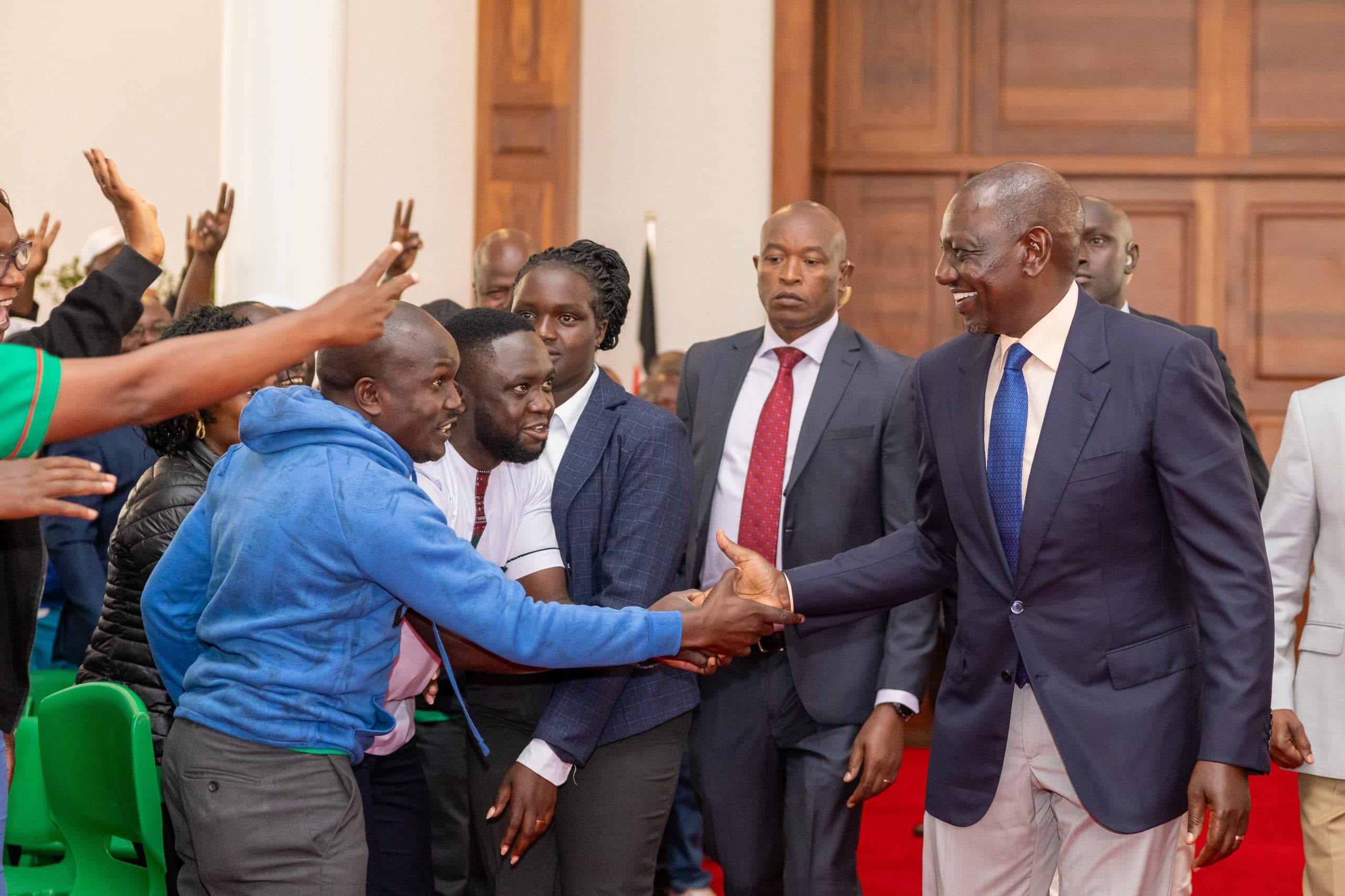We're loading the full news article for you. This includes the article content, images, author information, and related articles.
The government's promotion of 25,000 teachers aims to boost morale and address shortages in junior schools, but teacher unions have raised significant concerns over the fairness and transparency of the selection process.

NAIROBI, KENYA - President William Ruto announced on Wednesday, November 12, 2025, that the Teachers Service Commission (TSC) is promoting 25,000 teachers as part of a broader effort to support educators and strengthen the Competency-Based Curriculum (CBC). The announcement, delivered on his behalf by Education Cabinet Secretary Julius Ogamba at the Kenya Primary School Heads Association annual conference in Mombasa, comes alongside plans to deploy 20,000 teacher interns to alleviate a 72,000-teacher shortage in junior secondary schools.
“This year, the Teachers Service Commission (TSC) is promoting 25,000 teachers,” President Ruto’s speech read, emphasizing the government's commitment to ensuring every child is equipped with the necessary knowledge and skills. The promotions are intended to motivate teachers and improve academic performance across the country.
However, the move has been met with mixed reactions, with various teacher unions and education stakeholders questioning the equity and methodology of the promotion process. The Kenya Union of Post-Primary Education Teachers (KUPPET) has called for the revocation of the promotions, citing unfair distribution of vacancies that they argue disadvantages teachers in more populous regions. KUPPET's acting Secretary-General, Moses Nthurima, stated that an equal distribution of slots across counties is “inherently flawed” and overlooks merit and workload.
Similarly, the Nandi branch of the Kenya National Union of Teachers (KNUT) labeled the exercise a “sham,” pointing to the exclusion of unions from the interview process as a factor contributing to irregularities. The branch's Executive Secretary, Boniface Tenai, warned that the demoralization of deserving but overlooked teachers could negatively impact their performance. Some KNUT branches, however, have welcomed the move as a step toward addressing long-standing career stagnation.
The promotions are backed by a Sh1 billion allocation from the National Treasury, half of the Sh2 billion the TSC had initially requested. TSC Chief Executive Officer Nancy Macharia has previously told the National Assembly's Education Committee that the commission requires a significantly larger budget to address the career stagnation of over 178,871 teachers, estimating a need of Sh35 billion to clear the backlog. The current funding allows for the promotion of only a fraction of eligible teachers.
Concerns have also been raised about political interference in the promotion and hiring process. Allegations have surfaced of employment letters being distributed by Members of Parliament, a practice that unions argue undermines meritocracy. The National Assembly's Education Committee has itself scrutinized the TSC's process, questioning the criteria and regional balance of the promotions.
For the promoted teachers, the advancement offers a significant boost in morale and income. A recent consumer spending survey indicated that workers in the education sector have seen the most positive income trends in the past year, partly attributed to recent promotions and hiring by the state. The promotions span various job groups, from C2 to D5, with the largest number of elevations in job group C4.
Despite the promotions, challenges persist within the education sector. KUPPET has highlighted the issue of stalled promotions, noting that the current annual figure of 25,000 is well below President Ruto's target of 50,000. The union is also advocating for the permanent and pensionable employment of intern teachers, whose contracts are set to expire. The TSC has faced criticism over its delocalization policy, with some promoted teachers being transferred to locations far from their homes, causing distress and disrupting families.
The promotions come at a critical time as the education sector navigates the complexities of the CBC and prepares for the transition to senior school in January. The government maintains that supporting teachers through promotions and leadership development is a pillar of its reform agenda, aimed at delivering continuity and equity in learning. However, the concerns raised by unions and other stakeholders suggest that a more transparent, equitable, and adequately funded system is needed to ensure that all deserving teachers are recognized and motivated. FURTHER INVESTIGATION REQUIRED into the specific criteria and regional distribution of the announced promotions is necessary to fully assess the fairness of the exercise.
Keep the conversation in one place—threads here stay linked to the story and in the forums.
Sign in to start a discussion
Start a conversation about this story and keep it linked here.
Other hot threads
E-sports and Gaming Community in Kenya
Active 9 months ago
The Role of Technology in Modern Agriculture (AgriTech)
Active 9 months ago
Popular Recreational Activities Across Counties
Active 9 months ago
Investing in Youth Sports Development Programs
Active 9 months ago